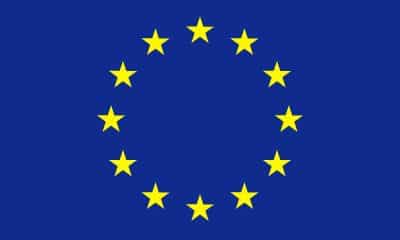World News
Group Wants More Sperm Donors To Improve Population In Europe


Birth Rate decline in Europe affecting Population
World Sperm Donor Wants The European Union to Improve Donor Sperm Market As Population Declines
The world’s largest sperm bank on Monday warned the European Union (EU) that access to donor sperms must be improved to enhance the continent’s birth rates.
According to figures provided by Eurostat, the EU’s statistics agency, fertility rates has steadily declined from the mid-1960s, through to the turn of the century in the EU member states.
“In 2015, the total fertility rate in the current 28-member bloc was 1.58 live births per woman.
“The level is below a fertility rate of around 2.1 live births per woman, which is considered to be the average number required to keep the population size constant in the absence of migration,’’ Eurostat added.
In response to the decreasing number, sperm banks across Europe are calling on the EU to make changes to its current regulations in order to increase birth rates and stop the population slump.
According to the minutes of a meeting between European Commission officials and the world’s largest sperm bank, Cryos International, “population growth in the EU has slowed down and that it is a priority that the rate of childbirth be increased.”
“This objective would be supported by increasing access to donor sperm,’’
According to Cryos International, “the demand for donor sperm has increased by around 500 per cent over recent years, but only 10 per cent of those who need access to medical treatment with donated gametes are receiving it.”
However, Guardian reports that “European sperm banks are closing after the enforcement of new EU regulations on staffing levels,’’
Report says some EU member states require traceable donor identity and have even imposed tax on donor sperm as it (sperm) is treated as “goods” liable to value-added tax.
“It is already difficult to recruit adequate numbers of donors but that rules put in place by regulators, for example, the dropping of donor anonymity in some member states, had made this situation worse.
“Access to (non-partner) donated sperm is the key challenge in Europe,’’ Cryos International said in the minutes.
The world’s largest sperm bank suggested that the EU should consider the demand and allow an open single market for sperm.












